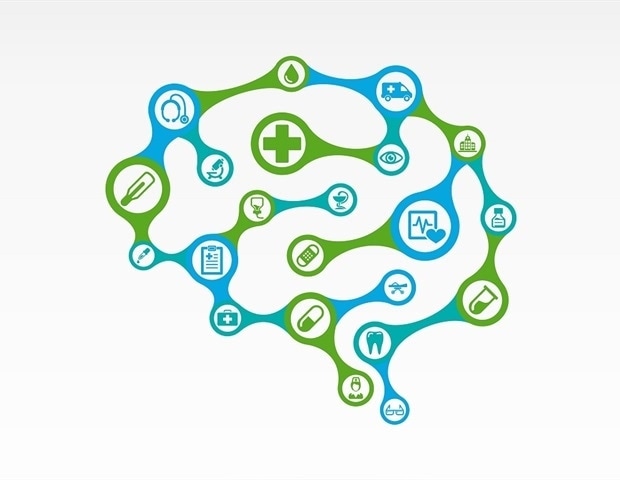
As well as an established relationship between poor diet and mental illness, there is now a vast body of research examining the benefit of nutrient supplementation in people with mental disorders.
To unpack this research, an international team of scientists led by Sydney's NICM Health Research Institute, Western Sydney University examined the 'best of the best' available evidence. The aim was to provide a clear overview of the benefit of specific nutrient supplements - including dosage, target symptoms, safety and tolerability - across different mental disorders.
The world's largest review (a meta-synthesis) of top-tier evidence, published online today in World Psychiatry, examined 33 meta-analyses of randomised control trials (RCTs) and data from 10,951 people with mental health disorders including depression, stress and anxiety disorders, bipolar disorder, personality disorders, schizophrenia and attention-deficit/hyperactivity disorder (ADHD).
Although the majority of nutritional supplements assessed did not significantly improve mental health, the researchers found strong evidence that certain supplements are an effective additional treatment for some mental disorders, supportive of conventional treatment.
All nutrient supplements were found to be safe when recommended dosages and prescriptive instructions were adhered to and there was no evidence of serious adverse effects or contraindications with psychiatric medications.
Summary of results:
- The strongest evidence was found for omega-3 supplements (a polyunsaturated fatty acid) as an add-on treatment for major depression - reducing symptoms of depression beyond the effects of antidepressants alone.
- There was some evidence to suggest that omega-3 supplements may also have small benefits for ADHD.
- There was emerging evidence for the amino acid N-acetylcysteine as a useful adjunctive treatment in mood disorders and schizophrenia.
- Special types of folate supplements may be effective as add-on treatments for major depression and schizophrenia, however folic acid was ineffective.
- There was no strong evidence for omega-3 for schizophrenia or other mental health conditions.
- There is currently a lack of compelling evidence supporting the use of vitamins (such as E, C, or D) and minerals (zinc and magnesium) for any mental disorder.
Lead author of the study, Dr Joseph Firth, Senior Research Fellow at NICM Health Research Institute, Western Sydney University and Honorary Research Fellow at The University of Manchester said the findings should be used to produce more evidence-based guidance on the usage of nutrient-based treatments for various mental health conditions.
While there has been a longstanding interest in the use of nutrient supplements in the treatment of mental illness, the topic is often quite polarising, and surrounded by either over-hyped claims or undue cynicism.
In this most recent research, we have brought together the data from dozens and dozens of clinical trials conducted all over the world, in over 10,000 individuals treated for mental illness.
This mass of data has allowed us to investigate the benefits and safety of various different nutrients for mental health conditions - on a larger scale than what has ever been possible before."
Dr Joseph Firth, Senior Research Fellow at NICM Health Research Institute, Western Sydney University
Senior author on the study, NICM Health Research Institute's Professor Jerome Sarris said as the role of nutrition in mental health is becoming increasingly acknowledged, it was vital that an evidence-based approach be adopted.
"Future research should aim to determine which individuals might benefit most from evidence-based supplements and to better understand the underlying mechanisms so we can adopt a targeted approach to supplement use in mental health treatment." Professor Sarris said.
"The role of the gut microbiome in mental health is a rapidly emerging field of research, however more research is needed into the role of 'psychobiotics' in mental health treatment."
NICM Health Research Institute, Western Sydney University






No comments
Post a Comment